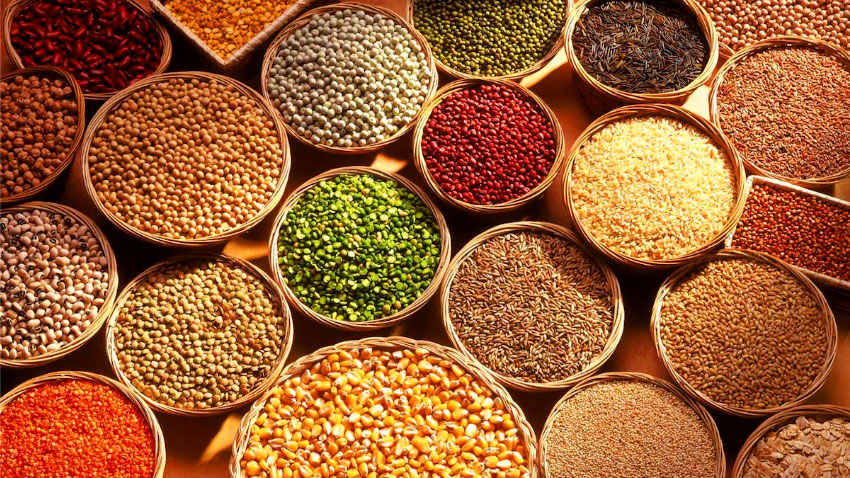Online Report
The government has announced plans to distribute more than 36.6 lakh tonnes of food grains during the 2025-26 fiscal year under its nationwide social safety net programmes, aiming to ease inflationary pressure and support low-income households.
According to the Ministry of Food, the allocation includes 3.05 million tonnes of rice and 604,000 tonnes of wheat. This marks an increase from the previous fiscal year, when 3.31 million tonnes were distributed, comprising 2.63 million tonnes of rice and 675,000 tonnes of wheat.
The initiative comes at a time when inflation in Bangladesh has climbed to 8.55 percent in July 2025, driven by rising food and non-food prices, according to the Bangladesh Bureau of Statistics. Rice, in particular, remains the single largest contributor to food inflation, accounting for more than half of the overall rise in July, up from 40 percent in May.
A significant portion of the planned distribution will be channelled through the Open Market Sale (OMS) programme, which provides rice and flour at subsidised rates across the country.
In FY2026, OMS will release 240,000 tonnes of rice and 300,000 tonnes of wheat. However, officials acknowledge that demand far exceeds the current allocation. For example, the annual rice requirement under OMS is estimated at 306,240 tonnes, while wheat demand is projected at nearly 477,000 tonnes—considerably higher than the present provision.
The shortfall has prompted calls within the ministry to review allocations to ensure uninterrupted supply for vulnerable groups who depend heavily on subsidised food staples in urban and rural areas.
Food grain distribution remains a central pillar of Bangladesh’s poverty reduction strategy. Programmes such as Vulnerable Group Feeding (VGF) and Vulnerable Group Development (VGD) provide essential support to millions of families during lean agricultural seasons and ahead of major religious festivals.
Meanwhile, Food for Work (FFW) and Test Relief (TR) schemes link food support to rural infrastructure projects, offering both immediate relief and long-term community benefits.
The government also mobilises emergency food relief during floods and cyclones, often in partnership with international organisations like the World Food Programme, which assists with supply chain management and targeting mechanisms.
This fiscal year, officials confirmed that about 5.5 million families—up from 5 million last year—will each receive 30 kilograms of rice per month at a subsidised price of Tk 15 per kilogram. The distribution will take place in August, September, October, November, February, and March.
“We expect market prices to stabilise as government reserves remain strong,” a senior Food Ministry official said.
By combining subsidies, safety nets, and emergency relief, Bangladesh aims to safeguard food security and protect its most vulnerable citizens from the twin challenges of inflation and climate-related disruptions.


